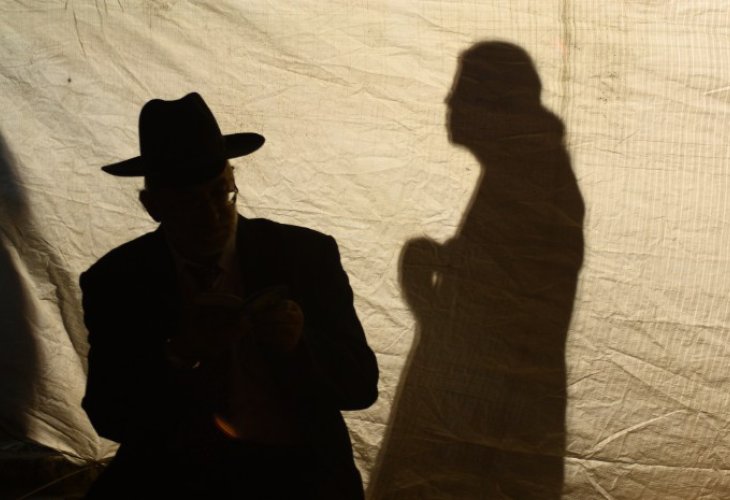A Remedy for Healing: 10 Talmud Quotes on Repentance
Rabbi Wolbe in a letter to his student: "Just don't fall into sadness or despair, know that every repentance is accepted." 10 inspiring sayings about repentance.
- נעמה גרין
- פורסם כ"ה אלול התשפ"א

#VALUE!
1. Rabbi Chama bar Chanina said: "Great is repentance, for it brings healing to the world, as it is said, 'I will heal their backsliding, I will love them freely.'"
2. Rabbi Levi said: "Great is repentance, for it reaches up to the Throne of Glory, as it is said, 'Return, O Israel, unto Hashem your God.'"
3. Rabbi Yonatan said: "Great is repentance, for it brings the redemption closer, as it is said: 'And the redeemer shall come to Zion, and unto them that turn from transgression in Jacob' - why will the redeemer come to Zion? Because of those who turn from transgression in Jacob."
4. Reish Lakish said: "Great is repentance, for intentional sins are accounted to him as unintentional ones."
5. Rabbi Shmuel bar Nachmani said in the name of Rabbi Yonatan: "Great is repentance, for it prolongs a person's days."
6. Rabbi Meir would say: "Great is repentance, for because of one individual who repents, the entire world is forgiven."
7. "Great is repentance, for it brings a person closer to the Divine Presence."
8. "Repentance draws in those who are far; yesterday he was hated by Hashem, despised, and abominable, but today he is loved, cherished, close, and a friend." (Rambam, Chapter 7)
9. "How great is the virtue of repentance. Yesterday he was separated from the God of Israel... he cried out and was not answered... he would perform commandments, and they were torn up before him... but today he is attached to the Divine Presence, as it is said, 'But you who cleave unto Hashem your God.' He cries out and is answered immediately... He performs commandments, and they are accepted with joy and gladness, and moreover, they are desired." (Rambam, Chapter 7)
10. "All transgressions that one has committed, the Holy One, blessed be He, counts them as merits, as it is said: 'Myrrh and aloes, with all the chief spices.'" (Midrash Rabba Naso)
In "Letters and Writings" by Rabbi Shlomo Wolbe, a letter to his student is brought, stating: "If you find in the 'Gates of Repentance' things that you cannot do, do not fall into sadness, heaven forbid. Hashem requires only what a person can do... and know one thing: every repentance is accepted. Just don't be sad or heaven forbid despair."

